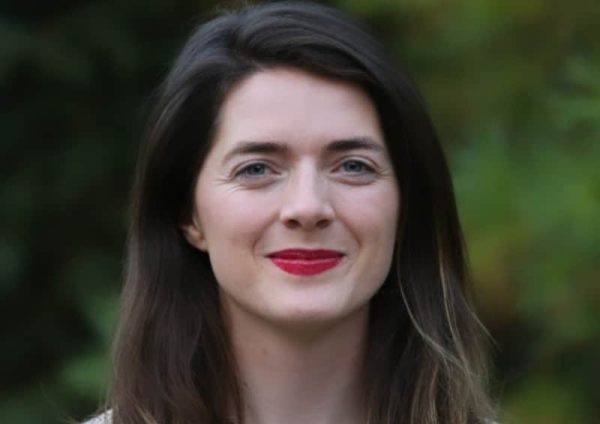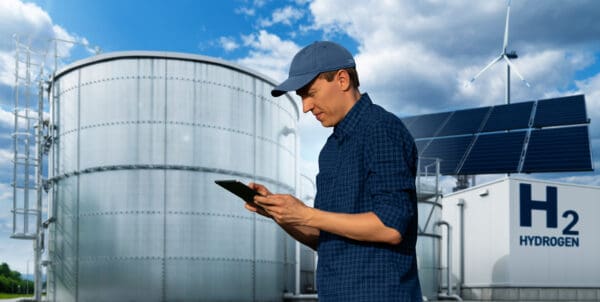Hydrogen and green electrons for specialty and fine chemicals
Goal
The chemical industry in the Netherlands obtains a significant part of its turnover from chemical semi-finished products and specialties with a variety of applications. The production of this variety of chemical products is still dependent on petrochemicals and chemical transformations consisting of several steps. This produces a lot of waste and costs a lot of energy.
To build the chemistry of the future, the GroenvermogenNL R&D program aims to bring together all relevant national expertise on speciality and fine chemicals: working across TRL levels 2-6. With an industry-driven approach, consortium applicants will build a research proposal during a guided workshop procedure across 5 days (two 2.5 day workshops). This unique non-competitive process is open to businesses, research institutions and applied research institutes across the Netherlands.
The budget for this consortium is 19.3 million euro.
The key objective in this program is the development of new methods & routes for chemical synthesis to green chemical industry infrastructure, also providing opportunities to enlarge the market with new and innovative products.
Theme 6 aims to develop new, innovative reactions to address challenges in the synthesis of specialties and fine-chemicals that arise when moving the resource chain away from fossil-based petrochemistry. Electrification of chemical reactions can tackle these challenges, as this creates short-cuts, avoids the use of over-oxidized/reduced reagents and provides opportunities to perform uphill reactions using electricity or light.
Activities
The activities are divided into approaches
- Production of specialty & fine chemicals from hydrogen, green electrons or photons & complex, non-fossil-based feedstock (biomass and various waste streams, including e.g. plastic waste, agricultural waste, household waste, and CO2 for fine chemical synthesis) .
- Development of novel synthesis routes to produce specialty & fine chemicals using electrochemistry and/or photochemistry.
Planning
The call is open, read all about the call on NWO webpage.
Information meeting on 13 February
GroenvermogenNL and NWO are organising an information meeting on R&D Theme 6: Hydrogen and green electrons for speciality and fine chemicals on 13 February. During this meeting, participants will get all information about the call and participation in the R&D consortium. We encourage you to join. Registration is essential.
Location: Utrecht Jaarbeurs MeetUp
Time: 15.00 – 17.00 hours (including drinks)
For any specific questions or to see if your company or organization is suitable for this call, speak to GVNL’s programme manager:

Jane Butler
Programma Manager

